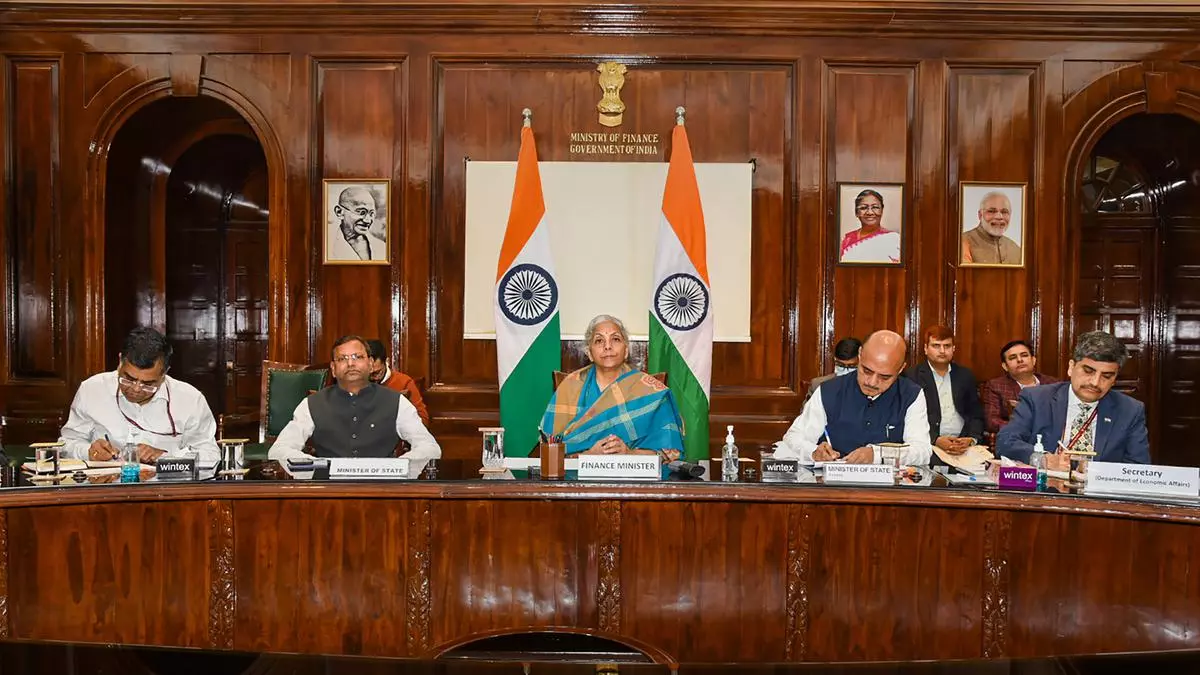FinMin claims enough opportunity given to trade unions to present views during pre-budget consultations
The Ministry of Finance refuted the labor unions’ allegations that they were not given enough time to present their views during the pre-budget consultations.
Finance Minister Nirmala Sitharaman has held meetings in eight phases with various stakeholders through virtual mode since November 21. On Monday, she held consultations with stakeholders in labor organizations including trade unions. All groups were asked to submit their detailed proposals in writing so that they could be considered appropriately. Each group was uniformly allocated 75 minutes without preference or preference for any group and each speaker was given 3 minutes to explain the important aspects of the suggestions. However, on Monday, after the meeting, the union representatives said they had too little time to share their views.
The others did not raise any problem
So far, Treasury officials said, none of the other participants have raised any issue whatsoever regarding the time allotted to speak. A detailed written representation/proposal was sought from each participant and the three minutes allotted for speaking were to elaborate on critical points in the written representation. So far, officials claimed, every participant appreciates patient hearings. “The issue raised by the labor unions is a malicious, politically motivated and deliberate attempt to politicize pre-budget consultations,” said one official.
The Finance Minister conducted pre-budget consultations via video conference with more than 100 participants from various sectors that include agriculture and agro-processing, health, education, water and sanitation, rural development, industry, infrastructure, trade unions, services and trade as well as some economists. The official said the secretary of state listened patiently to each participant’s proposal.
upcoming budget proposals
Meanwhile, the Ministry of Finance concluded pre-budget meetings that brought together 110 participants from seven stakeholder groups. Representatives of stakeholder groups put forward a number of proposals for the upcoming budget that included a green certification mechanism to assist MSMEs, an urban employment guarantee program to promote job generation in urban areas, income tax rationalization, creation of innovation clusters, and plans for improvement. Domestic supply chains, tax cuts on electric vehicles, introduction of electric vehicle policy, measures to promote India as a green hydrogen hub, Social Sector Entrepreneurship Fund for Social Impact Companies, Training and Certification of Care Economy Workers, Portable Social Benefits for Children, National Water and Sewerage Regulatory Authority, Worker Coverage Unregulated under ESIC, continued public capital expenditures, fiscal consolidation, and tariff reductions, among others.
